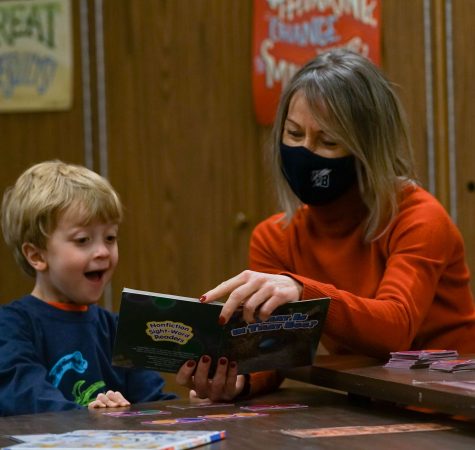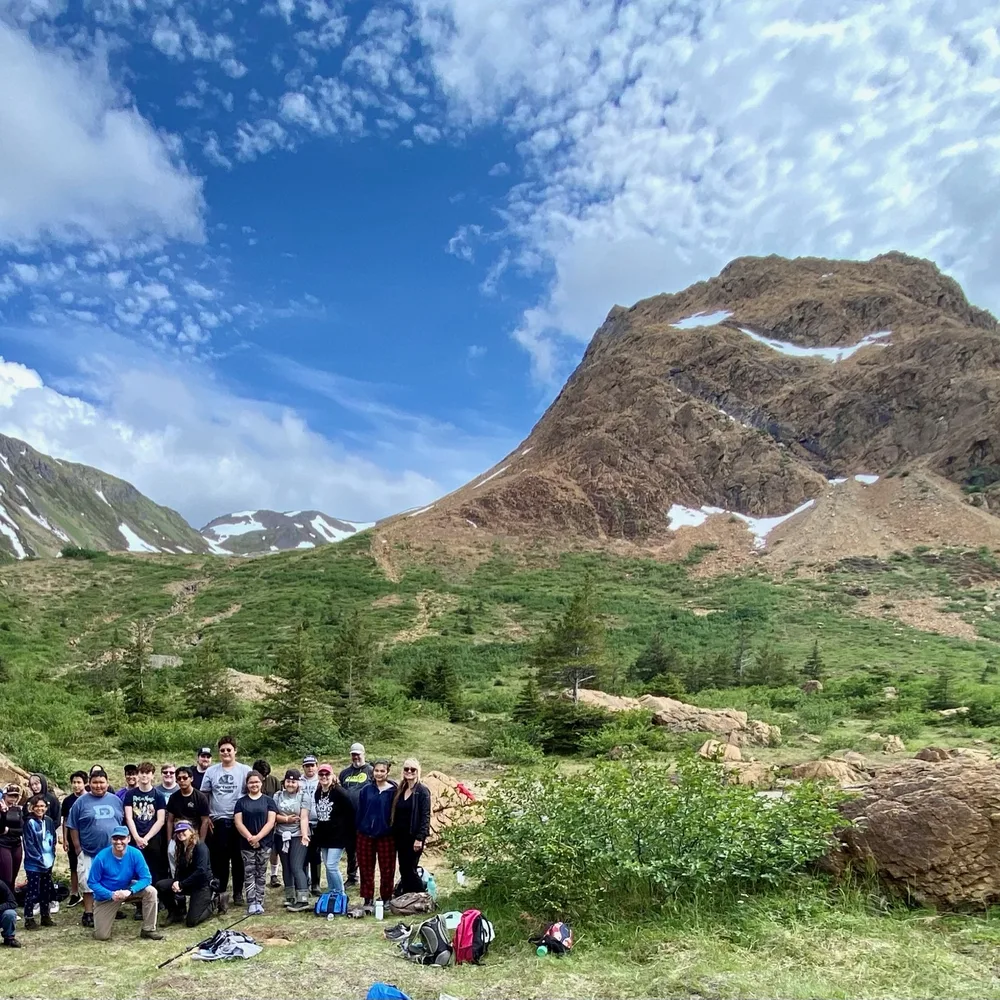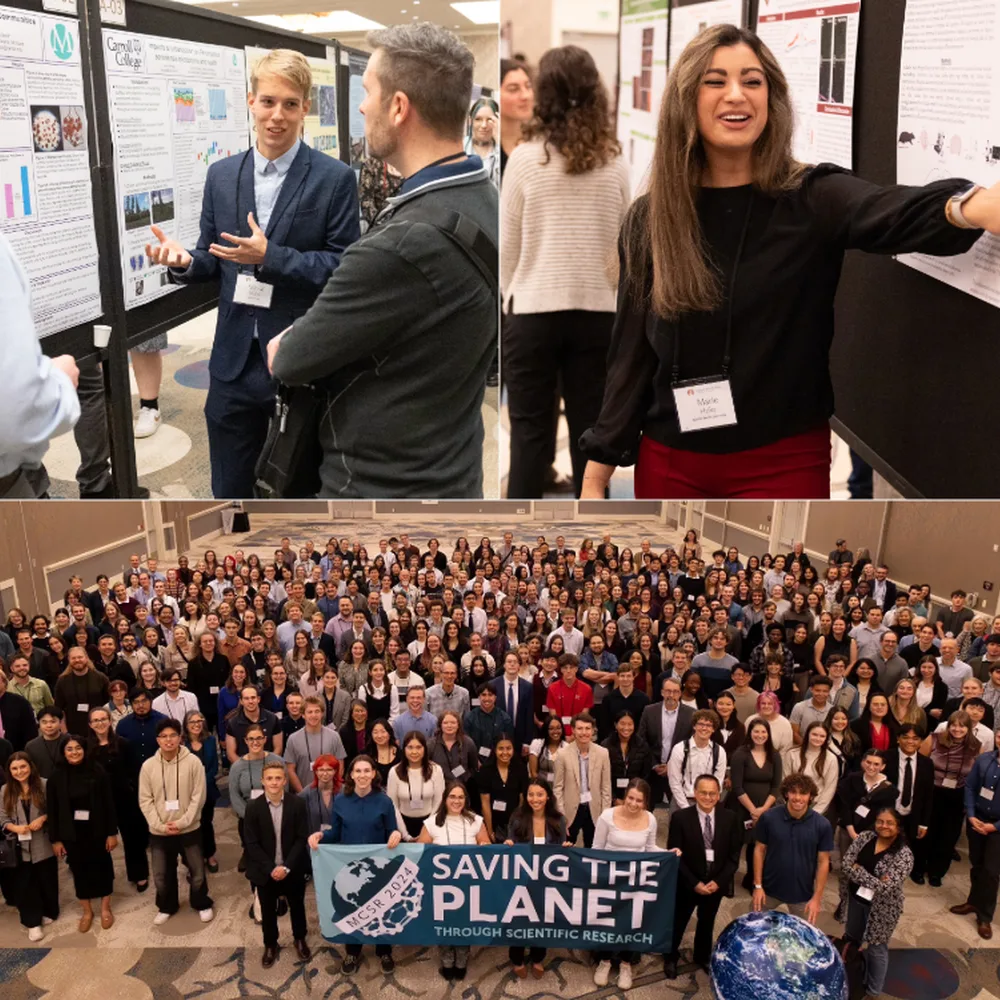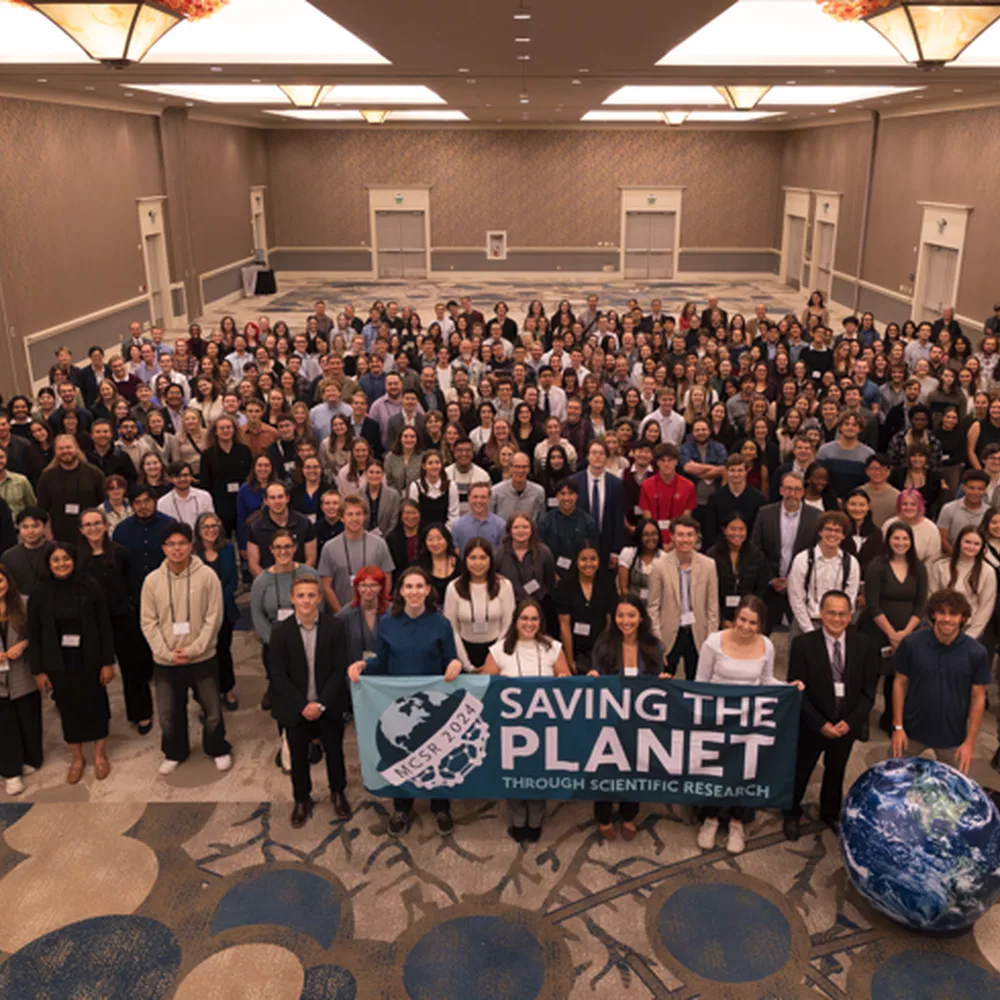Across the Pacific Northwest, students of all ages are showing up to classrooms every day, ready to learn. For many of these students, however, standard methods of instruction are not the way they learn best. The Murdock Trust is grateful to support several organizations across our region that seek to make classrooms and other learning environments more inclusive to all students. From the Lee Pesky Learning Center in Boise, ID, which works to understand and overcome obstacles to learning, to PAX Learning Center in Vancouver, WA, which supports continuing education for those who did not receive a high school diploma, a number of organizations are working to make learning more welcoming to all. We are so grateful for their work.

One such exciting project we have had the opportunity to support is the Institute for Neurodiversity and Applied Behavior Analysis at Montana State University Billings (MSUB). Part of the Montana Center for Inclusive Education, the Institute recognizes that not all children need the same type of learning and behavioral support. Yet many children in Montana with mental, social, and behavior differences cannot receive specialist support without traveling hundreds of miles. Wait lists for treatment are far too common and far too long, sometimes up to two years. This is due to a lack of mental health providers and specialists in Montana, as in other less populated states, as well as gaps in medical coverage that disproportionately affect low-income clients.
This Institute seeks to close these gaps by providing direct and telehealth clinical support to children with mental, social, and behavioral differences associated with autism spectrum disorders, developmental disabilities, and other behavioral and learning challenges. Through an individualized evidence-based treatment called applied behavioral analysis, professionals will teach life skills and communication skills early in the child’s life. This helps prepare them to thrive in the classroom and other social settings, and to find the unique ways they learn and communicate best.
“The Institute for Neurodiversity has a new way of viewing human differences,” Dr. Tom Manthey, director of the Montana Center for Inclusive Education, said in a press release from MSUB. “Neurodiversity is seen as within the normal variation of human differences and in many cases, children with neurodiverse conditions have significant strengths not recognized by the traditional view of disabilities.”
In addition to supporting children with neurodiverse disorders and their families, the Institute will provide opportunities for MSUB graduate students to deepen their learning through clinical internships and therapeutic research. Non-clinical professionals in the area, such as teachers and day care workers, will also have opportunities for professional development to better support those with neurodiversity. This will help bring these practices back into classrooms so that learning environments across the region can become more inclusive to all.
To those at the institute and to all those across the Pacific Northwest working to create classrooms, communities, and conditions in which all individuals have the opportunity to flourish, we cannot say thank you enough.
The post Grant Stories: Institute for Neurodiversity at Montana State University Billings appeared first on M. J. Murdock Charitable Trust.






